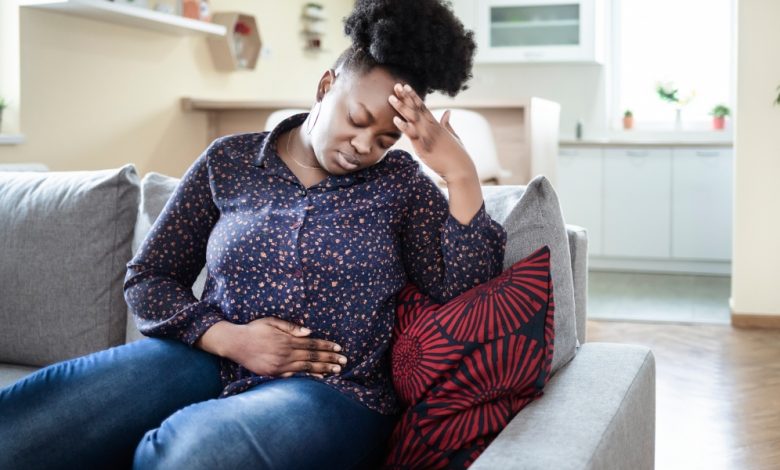COVID could be destroying your gut microbiome, new study finds

Why Would a Respiratory Virus Cause GI Symptoms? That’s a question we’ve all been asking ourselves since COVID hit the scene in late 2019.
Since the beginning of the pandemic, patients who contracted the virus have reported a variety of symptoms beyond the expected breathing problems, including gastrointestinal distress such as diarrhea, nausea, abdominal pain and loss of appetite.
Researchers may have just figured out why. Bacteria levels in the microbiomes of COVID patients were low compared to those of healthy patients who had not experienced COVID, according to a new Rutgers University study released Monday.
Researchers collected stool samples from 60 people: 20 with active COVID infections, 20 with never-before-seen COVID, and 20 with recoveries. They found differences in the amount of 55 types of bacteria in people with active COVID compared to those who had not suffered or recovered from infection.
Levels of some common “good bacteria” such as Bacteroidaceae and Ruminococcaceae were exhausted while others like Faecalibacterium and the Eubacterium brachy group were below optimal levels, researchers found. And an abundance of Prevotelaceae continued after infection.
The study, which began in May 2020 and concluded in January 2021, looked at patients at the onset of the pandemic. In that era, before vaccines and antiviral treatments like Paxlovid, it was common for doctors to treat COVID patients with a round of antibiotics to rid the body of any secondary infections that might be present, Dr. Martin Blaser, an author of the study, said in a statement.
Differences in the gut microbiomes of people with COVID or those previously infected existed regardless of antibiotic use, according to Blaser. However, they were more pronounced in patients who had been treated with antibiotics.
“What we found was that while there were differences between people with COVID-19 and those who weren’t sick, the biggest difference from others was seen in those who had been given antibiotics,” said Blaser, the Henry Rutgers Chair of the Human Microbiome at Rutgers University and Director of the University’s Center for Advanced Biotechnology and Medicine.
The study’s findings could eventually lead to the development of probiotics specifically for people contracting COVID, the authors said.
GI symptoms are still incredibly prevalent this year among the millions reporting COVID symptoms to the Zoe Health Study. Run by scientists from Harvard and Stanford universities, it is based on data submitted by millions of US and UK participants who are logging their symptoms via an app for research purposes.
But the number of positive COVID tests reported to the study is down this year from last year. This suggests that while Omicron still has GI symptoms, it is not at a higher level than Delta. Additionally, a stomach virus like norovirus may contribute, researchers recently wrote.
Our new weekly Impact Report newsletter will examine how ESG news and trends are shaping the roles and responsibilities of today’s leaders – and how best to address these challenges. Subscribe here.



